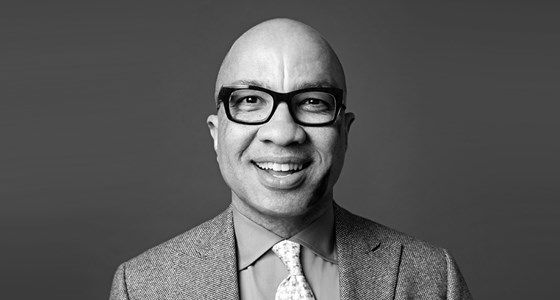ImpactAlpha, July 16 – For Darren Walker, president of the $13 billion Ford Foundation, taking on inequality was always a contradiction.
Philanthropy was born of inequality. Nineteenth century industrialists-turned-philanthropists like Ford, Rockefeller and Carnegie viewed inequality as an unavoidable condition of the free market system, as Carnegie wrote in “Gospel of Wealth.” Philanthropy, they believed, was an effective means to reduce it.
Ford Foundation’s Darren Walker takes on opponents of impact investing — including his own trustees
Even today, philanthropy relies in part on inequality. Tax breaks given to the nation’s philanthropists gobble up about $50 billion a year in taxpayer money that could otherwise be used to fight inequality.
A lengthy New York Times profile explores the many contradictions Walker faces in his efforts to tackle the structural underpinnings of inequality, an agenda that often upsets the status quo.
“I’m not interested in tokenism,” Walker told the Times. “I’m interested in transformation.” That’s an uncomfortable idea, he says, “Because not everyone in the room is going to look like you when this transformation is complete.”
- The whole purse. One of Walker’s biggest challenges to philanthropy’s status quo: The idea that the investments made from a foundation’s endowment shouldn’t contradict what it’s pursuing through grants. In 2017, Walker carved out $1 billion from Ford Foundation’s $13 billion endowment for mission-related investments in affordable housing, quality jobs and diverse fund managers (see, “Ford Foundation: Spotting mispriced risks”). The strategy initially met resistance from Walker’s investment committee.
- Shifting priorities. When Ford renovated its New York offices last year, Walker turned his palatial office into three conference rooms and settled into a modest, glass walled room. He sold the foundation’s blue chip art collection and bought 320 newer works, many by female artists or artists of color.
- Community voice. “I hope I’ve brought a sense to the organization… that we actually don’t have the answers,” says Walker. “The answers are in communities and in the people we are investing in. They are the key to unlocking solutions.
- Gospel of giving. Walker plans to expand his widely read “The New Gospel of Wealth,” essay into a book this fall, with a memoir to follow next year.











